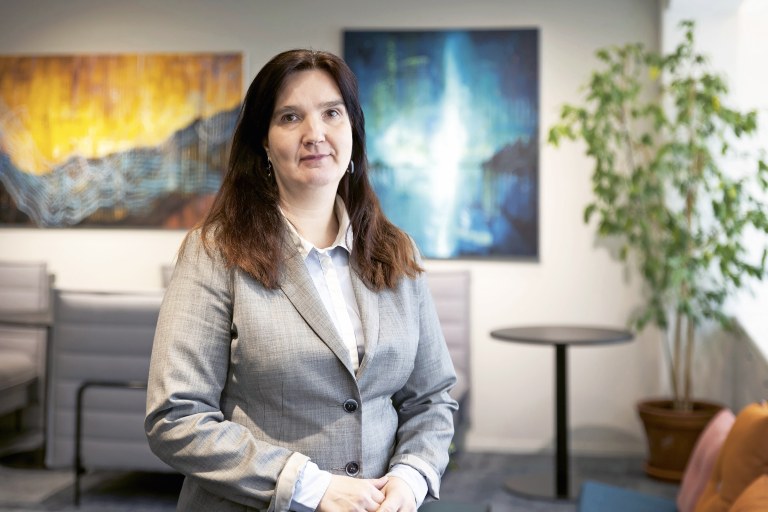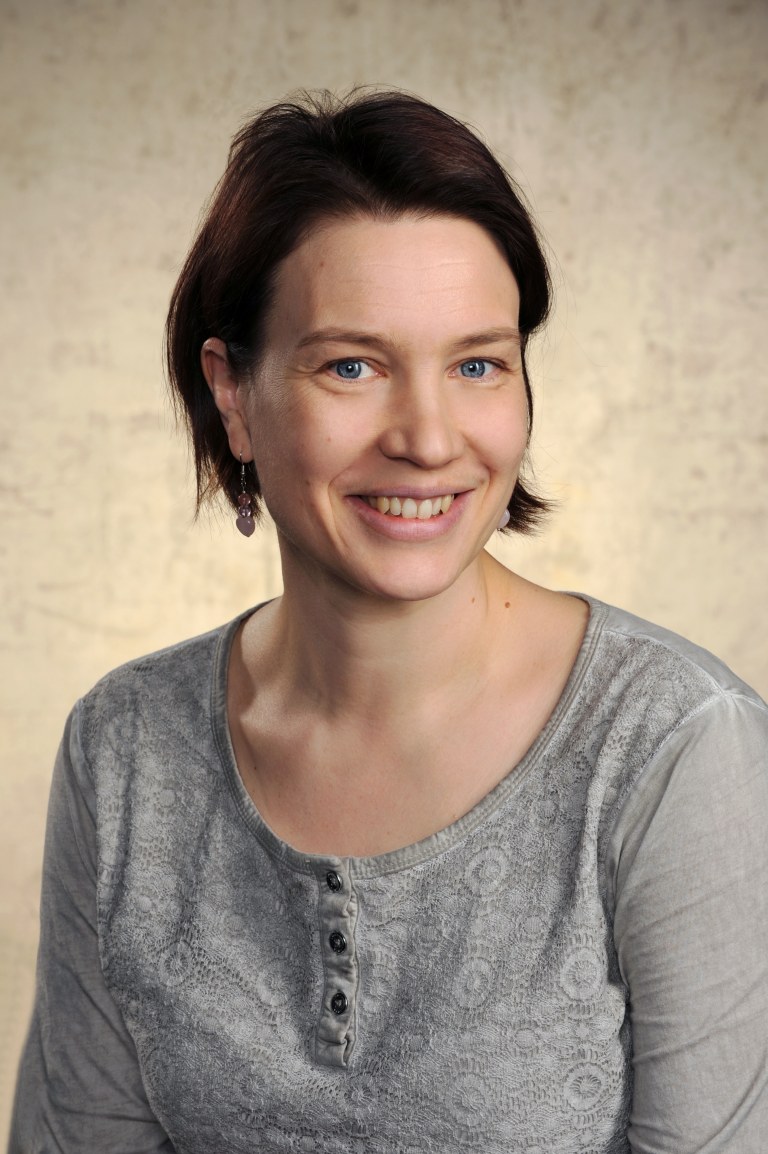
Men and women in Finland consider it equally important for them to belong in the field of technology. Women are actually prouder of working in tech than men, but they are also less certain that they belong in tech and have weaker self-efficacy, i.e. they are less confident in their abilities.
The sense of belonging in tech has been studied extensively in the United States where the problem is that women tend to leave tech and STEM careers after graduation. Studies have shown a correlation between a sense of belonging and self-efficacy. High confidence in academic success strengthens the sense of belonging in that field. On the other hand, a sense of belonging increases students’ motivation and persistence.
However, feelings of belonging in any field have not been widely studied in Finland. A pioneering study on the topic was conducted last spring by Engineers Finland, focusing on the sense of belonging in tech.
The theme has now been explored further by Research Manager Susanna Bairoh from the Academic Engineers and Architects in Finland TEK and post-doctoral researcher Johanna Naukkarinen from LUT University. The European Society for Engineering Education SEFI published their peer-reviewed conference paper in October. The data for the article came from TEK’s Student Survey 2022.
In their article, Bairoh and Naukkarinen define sense of belonging as the subjective feeling of fitting in and being included as a valued and legitimate member in a particular setting.
“We know that a sense of non-belonging increases the risk of dropping out or changing degrees as a student or finding a job in an entirely different field after graduation,” says Bairoh.
According to her, this is a problem for national economy: competent people do not end up working in the field. This is also a problem for the individuals themselves. They have invested time and other resources in their studies, but all this goes to waste, in a way, if they change degrees and restart their studies from the beginning.
In her doctoral thesis, completed last year, Bairoh studied the gendered gaps in technology, i.e. why there are so many more men than women in the field. Bairoh argues that there exists a deep-rooted belief of who is a good and competent tech professional, and this belief is quite masculine.
According to Bairoh, there is a big difference between men and women as to whether they believe that others see them as belonging in tech or not. Men are more convinced that others see that they belong in tech. Bairoh says that this belief is strongly shaped by everyday experiences. If your choice of career or job is constantly being questioned, this will erode your confidence that you belong in the field.
Groundbreaking research about gender minorities
The lowest sense of belonging in tech was reported by non-binary respondents, i.e. people whose gender identity is not exclusively male or female. According to the study of Bairoh and Naukkarinen, these respondents consider changing careers more often than male or female respondents. They also feel like an outsider in their study community and feel that they cannot be themselves more frequently than male or female students.
“There is very little research about gender minorities in tech. We need more views from non-binary people,” says Bairoh.
Bairoh says that it is important that TEK highlights the problems in the tech industry.
“The sense of belonging is not about women or non-binary folk not being interested in the field of technology. The tech industry needs all kinds of professionals! One of the aims in TEK's council agreement is to dismantle discriminatory structures and attitudes in work life. I’m doing my part and studying the realization of equality and highlighting some of our results.”


What else does TEK study?
We at TEK are constantly researching the field of technology: employment, salaries, equality and coping with work or studies, for example. We have studied and published information on many themes over the years – you are welcome to examine and compare the results using, for example, time series visualizations. Read more about our research: www.tek.fi/research